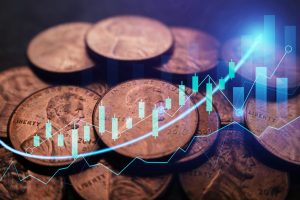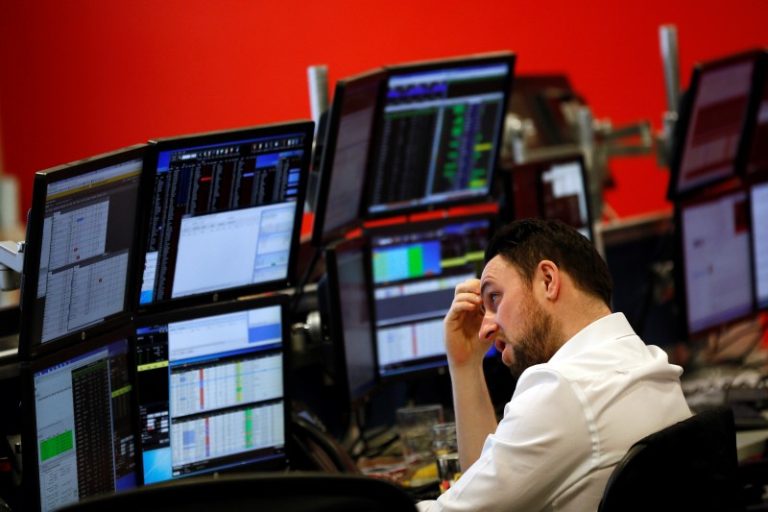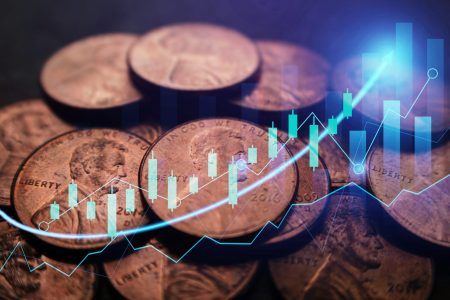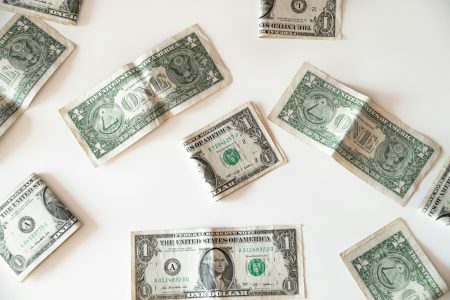© Reuters. FILE PHOTO: People walk past a screen displaying the Hang Seng stock index at Central district, in Hong Kong, China October 25, 2022. REUTERS/Lam Yik/File Photo
By Tom Westbrook
SINGAPORE (Reuters) – China stocks led Asian shares higher on Tuesday with investors welcoming Beijing’s efforts at supporting markets, while bonds rallied and the dollar dipped on possibly softening U.S. data.
MSCI’s broadest index of Asia-Pacific shares outside Japan rose 1%, with the in Hong Kong up more than 2% and mainland China blue chips up 1.5%.
China has halved stock trading stamp duty, loosened margin loan rules, put the brakes on new listings and approved new retail funds in recent days — signalling, at least, resolve to steady the market even if it does little to support the sputtering economy.
After selling into Monday’s initial bounce, after the measures were announced over the weekend, foreign investors were net buyers of about $500 million in Chinese stocks on Tuesday perhaps in the hope that more substantive aid will follow.
“We doubt these policies per se can turn around confidence or determine the market direction,” said Bank of America analysts
“Financial markets are only a reflection of the underlying economy, and we need policies that can address the fundamental economic issues … in our view, the next 2-3 weeks is still an important window for policy actions.”
Embattled Chinese developer Country Garden led gains in Hong Kong, along with electric vehicle maker BYD (SZ:), which reported a tripling in first-half profit.
Pressure remained on China Evergrande (HK:), and the builder which once traded above HK$30 a share fell 10% to HK$0.31 in its second session back from suspension – highlighting the heavy doubts that remain over the country’s debt-stricken property sector.
U.S. futures were flat. European futures rose 0.2% and rose 0.8% to point to a positive return from a day’s holiday in London.
SLOWING
Elsewhere in Asia, investors’ focus was on U.S. data that may determine whether or not interest rates need to rise further.
Job openings figures are due later on Tuesday, followed by broader labour data and the ISM survey on Friday, and bond traders were positioning for a soft turn in the numbers.
“There’s anticipation of a bit of a slowing in the labour market and cooling of the inflationary pulse,” said Ryan Felsman, senior economist at brokerage CommSec in Sydney.
U.S. Treasuries extended overnight gains, driving two-year yields down five basis points (bps) to 5% and 10-year yields down two bps to 4.1922%. [US/]
That put some gentle pressure on the dollar, which has slipped below its 200-day moving average to $1.0833 per euro and was slightly lower on other majors.
The Australian dollar inched 0.3% higher to $0.6440, with incoming central bank governor Michelle Bullock due to speak later in the day.
The yen remained pinned near Monday’s 10-month low, for a loss of some 10% on the dollar this year. [FRX/]
Traders are wary that its weakness might soon prompt government intervention, and at 146.30 per dollar it was barely moved by a government report suggesting an inflection point in the country’s years-long battle with deflation.
In commodities, futures slipped 0.2% to $84.27 a barrel.
European gas prices might be set for a volatile session on a deepening standoff over pay and conditions at Australian gas rigs, with workers planning stoppages from next week. Benchmark Dutch prices are up 40% for August so far.
(This story has been corrected to fix economist’s workplace to ‘CommSec’ from ‘Commonwealth Bank’ in paragraph 12)
Read the full article here









